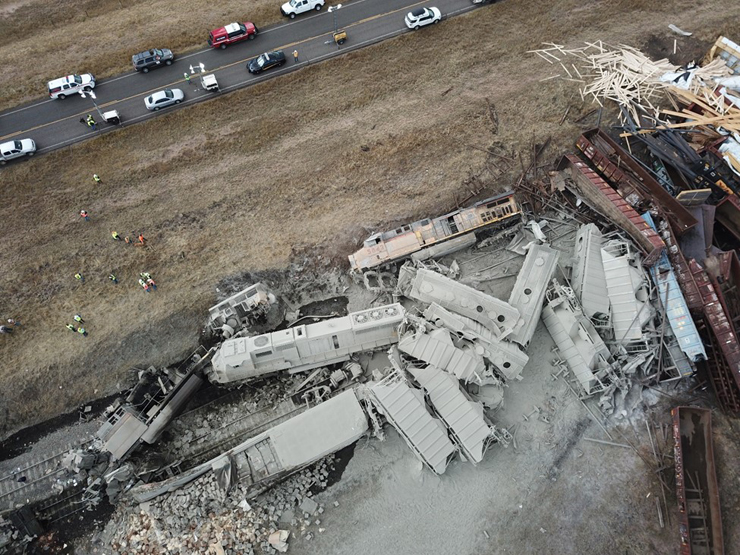
WASHINGTON — Three Democratic Senators from Pennsylvania and Ohio have called for new rail safety legislation they say is intended to build on provisions of the Rail Safety Act introduced earlier in March by addressing wheel-related failures and enacting new inspection rules, among other provisions.
The Railway Accountability Act was introduced Thursday by U.S. Sens. John Fetterman and Bob Casey of Pennsylvania and Sherrod Brown of Ohio. It is the latest regulatory effort spawned by the Feb. 3 derailment in East Palestine, Ohio, but cites other, earlier significant derailments in explaining the goals of some of its provisions.
“This bill will implement commonsense safety reforms, hold the big railway companies accountable, protect the workers who make these trains run, and help prevent future catastrophes that endanger communities near railway infrastructure,” Fetterman said in a press release which also included comments by Casey and Brown.
The full bill is available here, while a summary is here. Among its provisions:
— A requirement for the Federal Railroad Administration to study broken wheel rim derailments and wheel impact load thresholds and identify new mitigation threshold. The bill summary cites the May 6, 2015, derailment and fire involving a BNSF crude oil train in Heimdal, N.D., as an example of the type of derailment this requirement seeks to address.
— A requirement that locomotives and railcars are stationary during inspections, and that a mechanic who conducts an inspection actually attests to the safety of the locomotive or car.
— A requirement addressing an existing National Transportation Safety Board recommendation by ensuring that communications between the front and back of a train do not fail, and that emergency brake signals reach the end of the train. The bill summary says this would prevent events such as the fatal October 2018 Union Pacific runaway and collision on Sherman Hill. That accident was attributed to a brake system failure [see “NTSB: Brake and end-of-train device problems led to deadly Sherman Hill runaway,” Trains News Wire, Jan. 25, 2021].
— A mandate that railroads fined the maximum penalty for safety violations must join participate in the FRA’s Confidential Close Call Reporting System.
— A requirement that railroads provide warning equipment, such as red flags or whistles for maintenance watchmen or lookouts, as most railroads do. The bill summary sites a 2017 BNSF accident in which two workers were killed in Edgemont, S.D., as an example of the type of incident this provision could prevent.
Brown was one of the initial sponsors of the Rail Safety Act, a bipartisan bill introduced March 1, which includes provisions limiting train length and tonnage and mandating two-person crews, among other features [see “Senators propose tighter regulations …,” News Wire, March 1, 2023].






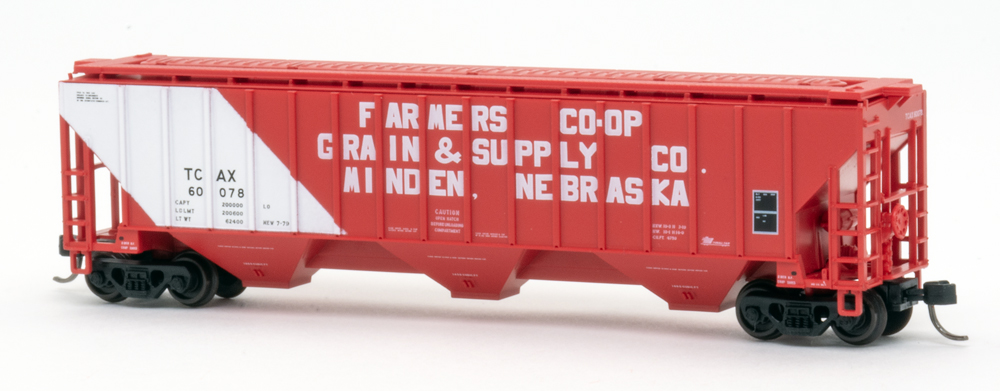

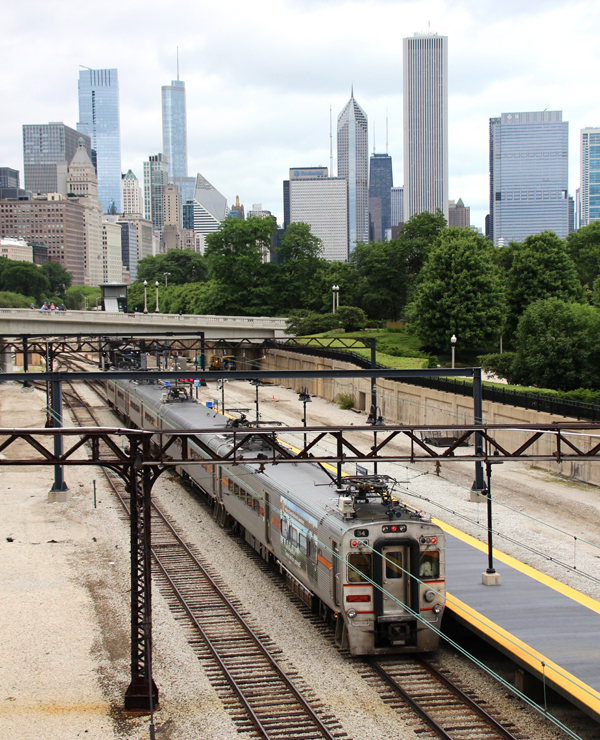
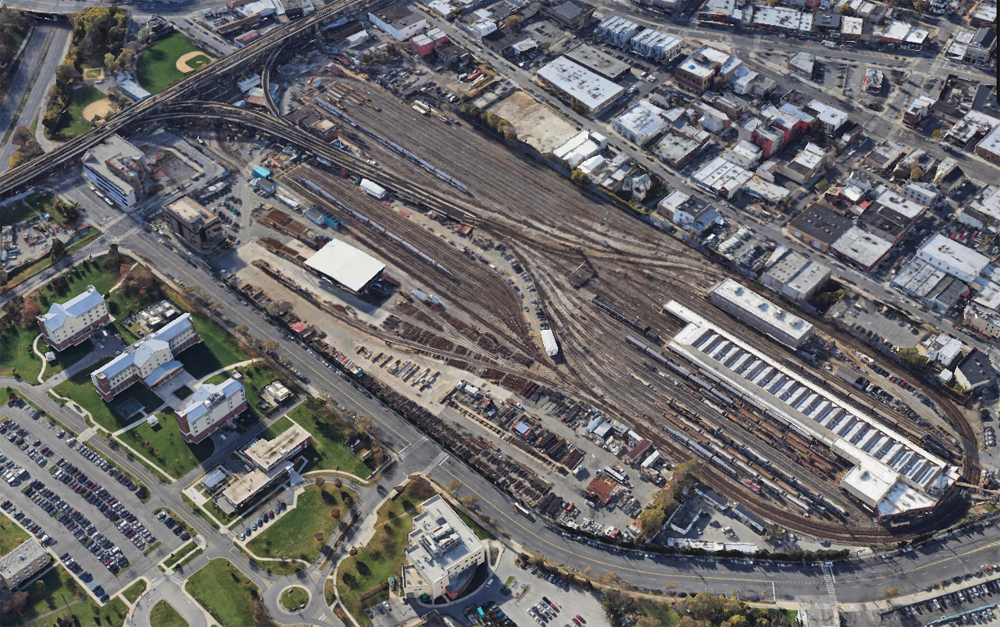
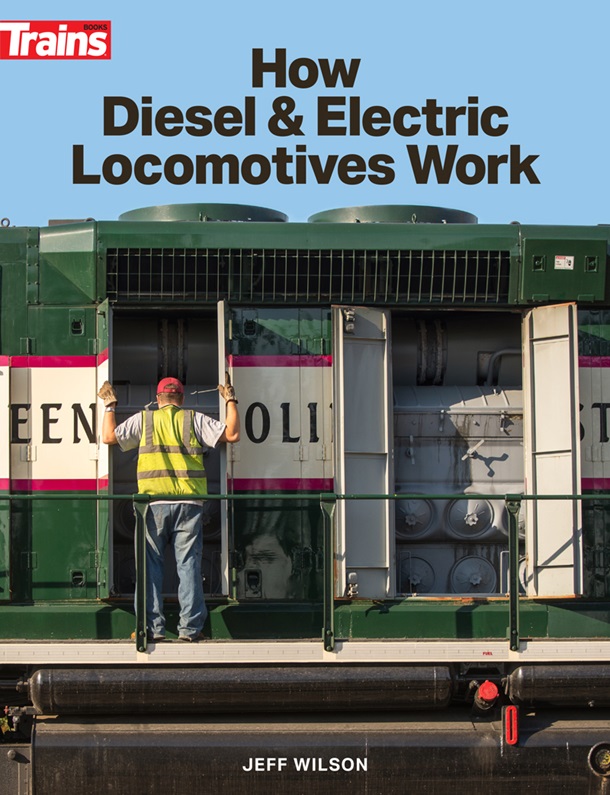
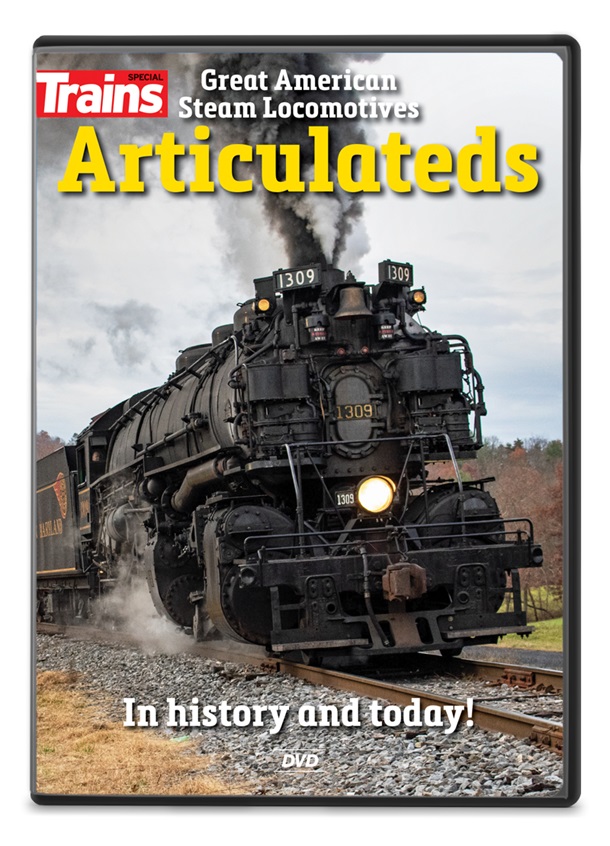

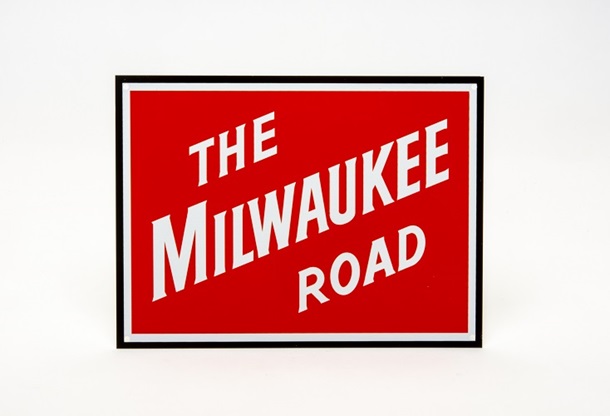
— A requirement addressing an existing National Transportation Safety Board recommendation by ensuring that communications between the front and back of a train do not fail, and that emergency brake signals reach the end of the train. The bill summary says this would prevent events such as the fatal October 2018 Union Pacific runaway and collision on Sherman Hill. That accident was attributed to a brake system failure [see “NTSB: Brake and end-of-train device problems led to deadly Sherman Hill runaway,” Trains News Wire, Jan. 25, 2021].
Kinda sounds like you need a human on the rear end…..
How about the U.S. Senate build and operate its own freight railroad?
How about criminal penalties for train crews who fail to do their job? NS taking all the heat for East Palestine when there’s a lot of evidence it should have been easily prevented by the crew, had they been paying attention.
Just exactly how did the crew fail to do their job??? The engineer was in the process of stopping the train after the detector at E. Palestine sounded an alarm. The major problem here was NS temperature thresholds were set to high. Unless the car was near the head end it would have been impossible for the crew to see there was a problem. This part of the Ft. Wayne line is a tough piece of railroad to operate over.
Mr.Petersen, Winner of the dumbest post of the year award, in fact so faslse it verges on libel. As you apparently know nothing about this incident please stay silent and spend your time reading the preliminary NTSB report.
Maybe as many as possible Legislators should attend the next “Wheel and Rail” get together, or better yet get educated by bringing those in the know to a meeting in Washington so that Legislators (those that really want to know) can learn a thing or two.
Three Senators, one liberal, another who is a leftist, and the third a lunatic leftist who is pretty much comatose but run by his outright Marxist wife. Why would I trust them.
There may be a role for the Senate (or other elected officials) to get involved in rail safety legislation. But not from this bunch.
Initially East Palestine was a nonpartisan issue because Sen. Vance, a rightist, was involved. Now it seems to have been taken over by one side of the political spectrum.
I’m quite sure the GOP could very well get involved, if they wanted. No they’ll just have their “committee” meetings pointing fingers at everyone and putting forth baseless claims about “liberals’.
Thank you for your rant and baseless claim. Now, why don’t you go back to your crayons and let adult discuss seriously?
Charles, still paranoid?
Summary above, all ready in place. LOL!!!!
As if politicians know anything about railroading.
I wonder… could it be possible that they have retained the wisdom of someone (plural?) who does know something about railroading? That wise someone would not have access to governmental affairs that these three legislators (politicians to you) have. Maybe, just maybe, this is a group effort?
I personally can’t judge whether these proposals (which I did read only in summary) are, or would be, helpful because I am not all that knowledgeable about railroading. But there are those who are. Until we know more, sarcastic/ caustic comments certainly don’t advance our understanding.
Especially one who has only been on the job 3% of the time.
That is why most politicians rely on staff. It is the staffers who are supposed to find the experts. Of course that presupposes good staff, not ideologues. (Both left and right are guilty of having ideologues)
IAN —- You’re right, it’s Republicans and Democrats both. Washington agencies are overstaffed, overpaid, overpoliticized, and do no work at all. As an example, Democrats blame alleged Trump banking deregulation for allegedly causing bank failures. Whatever, I know nothing, zero about banks or the federal regulation of banks. My point is, if Trump did something wrong, (if … I don’t know one way or the other myself) Biden’s bloated staff has had two years to fix it. And did not.
Corporations — here we’re talking railroads — fail when they become to resemble unaccountable Washington bureaucracies. In a better world, railroad risk management offices would insist on safer practices, becaause the railroads pay damages after an incident. The message doesn’t seem to have gotten across.
Well David, it’s beginning to look like railroaders don’t seem to know much about railroading.